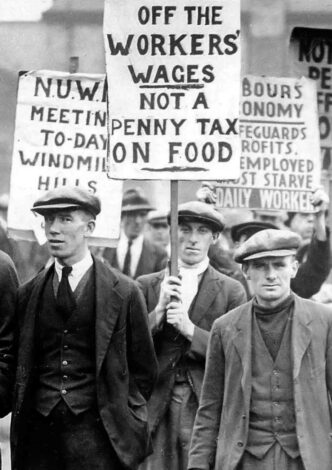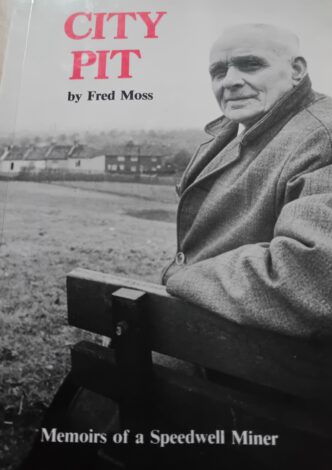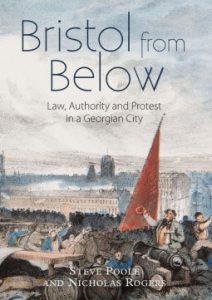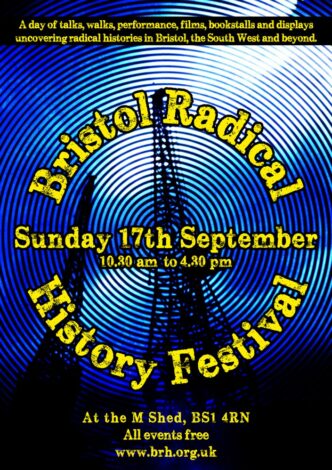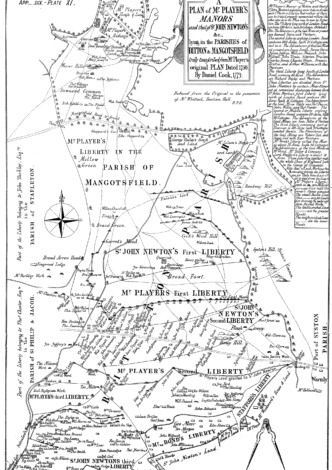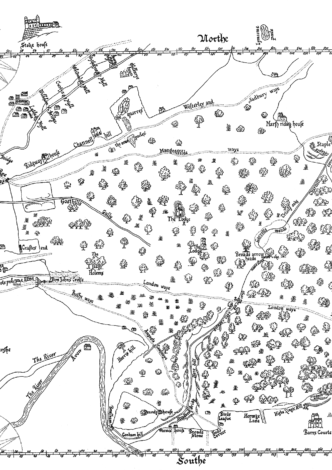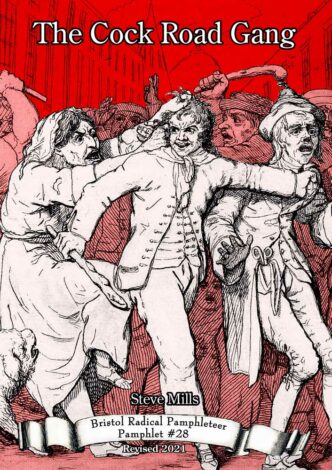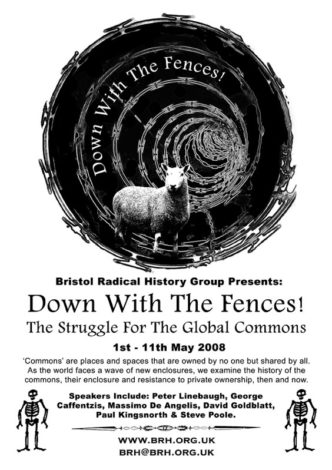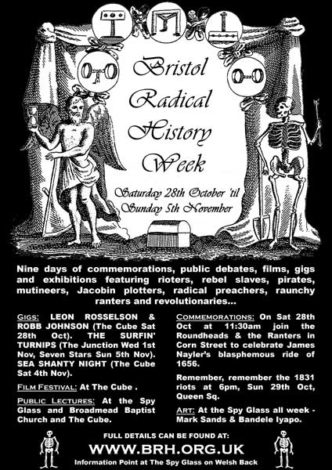The 1926 General Strike
To mark the centenary of the 1926 General Strike and miners’ lockout, BRHG members are involved in a project to commemorate the strike in Bristol and the surrounding area. The outcome of this will either be a number of pamphlets on general strike themes or a book containing a number of essays. The aim is for the publications to be launched in April or early May 2026 and that the launch will coincide with a commemorative event. The centenary of the start of the strike will be on May 4th 2026. The […]


